A few months ago, I made a post on my Pinterest board that simply said: “You can have a healthy relationship and still heal.” The engagement and feedback I received from that post was overwhelming and showed me that this message resonates deeply with a lot of people.
The reason I made that statement is because I, too, was fed up with the idea that I had to be fully healed before I could deserve or be worthy of a healthy relationship. It was like I had internalized the idea that healing was a prerequisite for love, and for quite a few years, I subconsciously lived my life that way—waiting for the day when I’d be “whole” enough for a relationship.
But here’s the truth: there is no such thing as perfect. We are all a work in progress, and that is what makes life worthwhile and exciting. When we chase an ideal of perfection in our healing, it’s just another expression of unworthiness—a belief that we’re not enough as we are.
The key is learning to embrace all parts of ourselves, both the broken and the healed, and to stop waiting for some elusive moment of perfection. Yes, we can be in a healthy, thriving relationship and still have a ton of inner work to do but that’s what makes it all so beautiful.
The difference is in our awareness—acknowledging our unhealed parts, tending to them, and allowing ourselves the space to grow without the pressure of being “fixed” before we can receive love.
Healing Isn’t About Being Broken—It’s About Growing
Let’s get one thing clear: healing doesn’t mean that there’s something wrong with you. We all carry emotional baggage, insecurities, and traumas, but they don’t make us unworthy of love. Healing is about growth, not about reaching some magical state of perfection.
When we think we need to “fix” ourselves before we can be in a relationship, we’re really just reinforcing the idea that we’re not enough as we are. And that’s simply not true. You don’t have to wait until you’ve healed every part of yourself to find love. The reality is that healing is an ongoing journey—it never truly ends.
The most important thing is recognizing your wounds, understanding your emotional patterns, and being open to growth. Healing is about becoming more aware of your inner world and how it impacts your relationships. It’s not about waiting until everything is perfect.
Both Partners Need to Be Doing the Work
While you don’t need to be fully healed, it is important, though, that both you and your partner are doing the inner work required for a healthy relationship or have some level of awareness at least. This means understanding your own emotional triggers, taking responsibility for your actions, and holding yourself accountable when your ego or wounded parts take over. And we need a partner that can hold us accountable when we slip, and we ourselves need to be that person that can hold our partner accountable when they slip.
No one is perfect, and we’re all going to have moments when we let our defenses or insecurities run the show. But what really matters is that both partners are self-aware enough to recognize when this happens—and are willing to course-correct. It’s about being able to say, “Hey, I messed up,” or “I realize I’m reacting from a place of fear,” and then working through it together: as a TEAM!
This level of accountability is crucial because it creates emotional safety which is key to any healthy relationship. When both people are committed to owning their stuff and doing the work, you’re building an unshakeble foundation of trust and respect.
That’s where true healing can happen—in a relationship where both partners are actively showing up, even when things get tough.
In fact, I’d go as far as to say that the right relationship can bring about healing that wouldn’t be possible in solitude. When you’re with someone who’s committed to growth alongside you, they act as a mirror to your inner world. Through their love, patience, and sometimes even their own challenges, you’re invited to explore parts of yourself that might remain hidden when you’re not in a relationship.
Of course, this doesn’t mean that all healing can or should happen within a relationship. There’s still inner work we each have to do individually. But the right relationship offers a unique opportunity to heal in ways that simply aren’t possible when we’re on our own.
Relationships as Mirrors: How Intimacy Triggers Healing
One of the most beautiful (and challenging) aspects of intimate relationships is that they act as mirrors, reflecting back to us our deepest wounds and unresolved traumas. This is why relationships often bring up issues that we thought were “healed” or long forgotten. Ever had that happen? It can make you question everything about yourself or the relationship, but I encourage you to hang in there, because this is the moment, the last battle so to say! It’s worth it because there’s always more healing to explore and always more love to learn. Yes, MORE LOVE TO LEARN.
When you’re in a relationship, your partner is likely to trigger your insecurities, fears, and past wounds. And that’s not a bad thing—it’s an invitation to explore parts of ourselves we might have ignored or forgotten, offering us the chance for deep healing.
These triggers are opportunities for so much growth that otherwise would not be avaibable to us.
If both of you are committed to healing, you can use these moments as an opportunity to better understand your emotional landscape and invite deeper compassion and understanding into the relationship.
For example, let’s say you have a fear of abandonment that stems from a childhood experience. In your relationship, you might find yourself feeling anxious or insecure when your partner doesn’t respond to a text right away.
Instead of reacting impulsively or spiraling into panic, you can pause and reflect: “Why am I feeling this way? Is this about my partner, or is this an old wound surfacing?”
I’m raising my hand here. It is something that I had to learn and I had to literally rewire my whole system. And still I have to remind myself to breathe and tell myself that I’m safe. I also let my partner know that my need for reassurance is tied to childhood trauma, which may require more understanding than some people might need. And I tell myself that that is okay because it is.
Communicating my needs to my partner is an essential aspect of building a healthy relationship. Transparency and mutual support are crucial, it shows that healing can happen together.
It’s a continuous process, but having open conversations about these needs creates a deeper bond and understanding between two partners.
This kind of openness not only fosters understanding but also highlights the role relationships play in our healing journeys.
By recognizing the trigger and bringing awareness to it, you can work through it rather than letting it sabotage and even damage your relationship. This is why relationships are such frikking powerful tools for healing.
They give us the opportunity to face our shadows and grow—together: as a TEAM. They can be medicine, providing the love, support, and understanding that catalyzes our healing. On the other hand, they can also be poison when unresolved issues fester and lead to conflict, eroding trust and connection, which can leave us feeling isolated instead of supported.
Compatibility: Healing With the Right Partner
Now, just because relationships trigger healing doesn’t mean you should stay in toxic or harmful situations. Please whenever there’s a huge, giant red flag, run!
I know, I know, we, as women, try to make things work, try to see the best, and oftentimes don’t want to see all the warning signs because we so want it to work. We may have already invested so much, and do we see the potential, right?! However, that can lead us down a dangerous path. And that is why we always have to listen to our feminine intuition. Ask yourself: “How do I feel around them?”; “Do they make me feel safe?”, “Can I be myself around them?”
Red flags can include manipulation, constant criticism, a lack of support, or behaviors that make you feel unsafe or undervalued. For example, if your partner frequently belittles your achievements or dismisses your feelings, that’s a major red flag. Trust your gut—if something feels off, it probably is.
To delve deeper into recognizing these red flags and how they can impact your dating life, check out my podcast episode where I explore this topic further. I’ve recorded a podcast episode about red flags in the early dating states. Listen here.
So, what does a healthy partnership look like?
It’s crucial to find a partner who is willing to do the work alongside you. Healthy relationships are not about finding someone who “fixes” you or makes everything perfect. It’s also not an idealized version of some fantasy that–frankly–no one can live up to.
Rather, they’re about finding someone who supports your growth and healing while also doing their own inner work.
A compatible partner is someone who creates emotional safety in the relationship—someone who listens without judgment, respects your boundaries, and is open to working through challenges together. They don’t run away at the first sign of difficulty, but instead, they see the value in facing issues head-on which then infuses your relationship with security. One of the pillars of a healthy relationship.
And it requires both partners to be committed to personal growth and healing. This means being aware of when your ego or wounded parts are taking over and being willing to address those moments with kindness and self-awareness.
I repeat myself because it’s so crucial, and probably I’m one of the many people that need to hear it on a daily basis: It’s not about being perfect—it’s about being accountable and making space for each other’s imperfections.
Communication: The Key to Healing Together
Ah, this is my favorite topic of all when it comes to relationships, because I used to suck at it big time; and I’m still learning how to be a better communicator. It’s not easy. But we all gotta make the effort at becoming better communicators.
I’ve learned the hard way that communication isn’t just about words; it’s about understanding, empathy, and truly hearing the other person. And in a relationship, good communication can be the bridge between healing together or falling apart.
Healing and Growing Together
No relationship can thrive without effective communication. When you’re healing and growing together, open, honest communication is essential. Many conflicts arise because partners don’t express their needs, feelings, or boundaries clearly. When you keep things bottled up, they fester and create distance in the relationship.
Healthy communication involves being vulnerable and sharing your feelings with your partner, even when it’s uncomfortable. You probably know that feeling when you open up to your partner: the sense of relief and calm that washes over you as you feel truly heard and understood. It’s incredibly healing.
This doesn’t mean you have to overshare or discuss every single emotion. It’s important, especially for us women, to establish some boundaries and process our emotional state before sharing it with our partner. Sometimes it helps to talk to our female friends first. For instance, I’ve found that processing my feelings with a friend often allows me to clarify what I truly want to communicate. However, it’s still essential to be honest about what’s going on for you emotionally in the moment.
For example, if your partner does something that triggers an old wound, instead of reacting in anger or shutting down, you can communicate: “I’m feeling triggered right now, and I’m working through it. I just wanted you to know how I’m feeling.”
This kind of transparency allows your partner to understand what’s happening without placing blame or making them feel responsible. You own your feelings and let them know you’re aware of what’s going on. This creates space for compassion and support.
Healthy relationships thrive on this type of open dialogue, fostering both personal growth and mutual healing.
Self-Care: Nurturing Yourself in Relationships
While healing can (and often does) happen in relationships, it’s still essential to take care of yourself individually. Self-care is a vital part of any healthy relationship because it ensures that you’re showing up as your best self—not burned out, resentful, or overwhelmed.
That’s why I’m so passionate about self-care. It’s not just about bubble baths and face masks (though those can be part of it!); it’s about consistently pouring into your own cup so you can show up fully in your relationship. If you need more ideas or a reminder to make time for yourself, I’ve written a blog article on My Top 9 Self-Care Practices that are easy to incorporate into your daily life. [Read it here].
Self-care goes far beyond what we often think—it starts with those simple daily habits that make us feel good and help us stay aligned with who we are. It’s about maintaining your sense of identity, nurturing your mental, emotional, and physical well-being, and creating space for the activities that replenish your energy. Just because you’re in a relationship doesn’t mean you should neglect your individual needs.
When both partners prioritize self-care, they bring more love, patience, and understanding into the relationship. It’s not enough for just one person to commit to personal growth—both partners need to invest in their own well-being.
I learned this lesson the hard way. In one of my past relationships, I found myself constantly holding everything together, pouring all my energy into maintaining the relationship while neglecting my own needs. Everything I did for myself ended up being for him—filling his cup instead of mine. I was doing all the work and felt utterly drained. It was one of those red flags I ignored for too long, thinking that if I just gave more, everything would get better. Spoiler: it didn’t.
This doesn’t mean you have to do everything alone, but it does mean taking responsibility for your own happiness and well-being. When you take care of yourself, you’re not only showing up as your best self, but you’re also setting the standard for a balanced, fulfilling relationship, and attracting relationships of that level of awarness into your life.
And as a side note: please don’t beat yourself up for letting people into your life who may ultimately show they are not good for you. Every person we meet is a mirror, reflecting back lessons we need to learn about ourselves.
And speaking of lessons, one of the most profound learning experiences often comes when a relationship ends. It’s in those moments of reflection and healing that we uncover the deepest truths about ourselves. If you’re navigating this journey right now, I’ve written a blog post that dives into the emotions, growth, and wisdom that come when a relationship ends. You can read it here.
Embracing Imperfection: Healing is a Lifelong Journey
Perhaps the most important takeaway is this: healing is a lifelong journey. There’s no finish line, no moment where you can say, “I’m fully healed, now I can have the perfect relationship.” Please, my love, don’t wait for that moment, because you’ll be waiting in vain. You are already worthy of a healthy relationship. If you’re single, embrace all the imperfect parts of you. Don’t buy into the belief that you need to check off boxes to be deserving of love.
If you’re ready to explore these parts of yourself and integrate them, I’d love to help. You can book your free Clarity Call with me here. I’m happy to be your guide, mentor, and coach on this journey.
Life is constantly evolving, and so are we. Our relationships, like ourselves, will never be perfect, and that’s where the beauty lies.
Embracing the imperfections in both yourself and your partner creates space for a more compassionate, forgiving relationship. You don’t need to be fully healed to be worthy of love. You simply need to be committed to growth—both individually and as a couple.
The key to a healthy relationship isn’t about reaching perfection but about navigating challenges together, holding each other accountable, and supporting one another’s healing journey.
If this resonates with you and you’d like to explore the beauty of embracing imperfection even further, I invite you to listen to my Kintsugi podcast episode, ‘The Art of Embracing Imperfection.‘ In this episode, I share how we can honor our own broken pieces and weave them into something even more beautiful.
Healing and Love Go Hand-in-Hand
At the end of the day, you don’t need to be 100% healed to have a healthy relationship. If we waited for that moment, we’d miss out on love entirely. What matters is that both partners are committed to doing the inner work, holding themselves accountable, and growing together.
Relationships are one of the most powerful spaces for healing, reflection, and growth. They challenge us, trigger us, and ultimately, help us become the best versions of ourselves. So don’t wait until you’re “healed” to love. Love, with all its imperfections, is part of the healing process.
Are you ready to embark on this journey of healing while loving? If you feel called to explore this further and want guidance on your healing journey, I’m here to help. You don’t have to navigate it alone. Book your free Clarity Call with me here and let’s work together to create the relationship and life you deserve.
The choice is yours, and it’s a beautiful one.
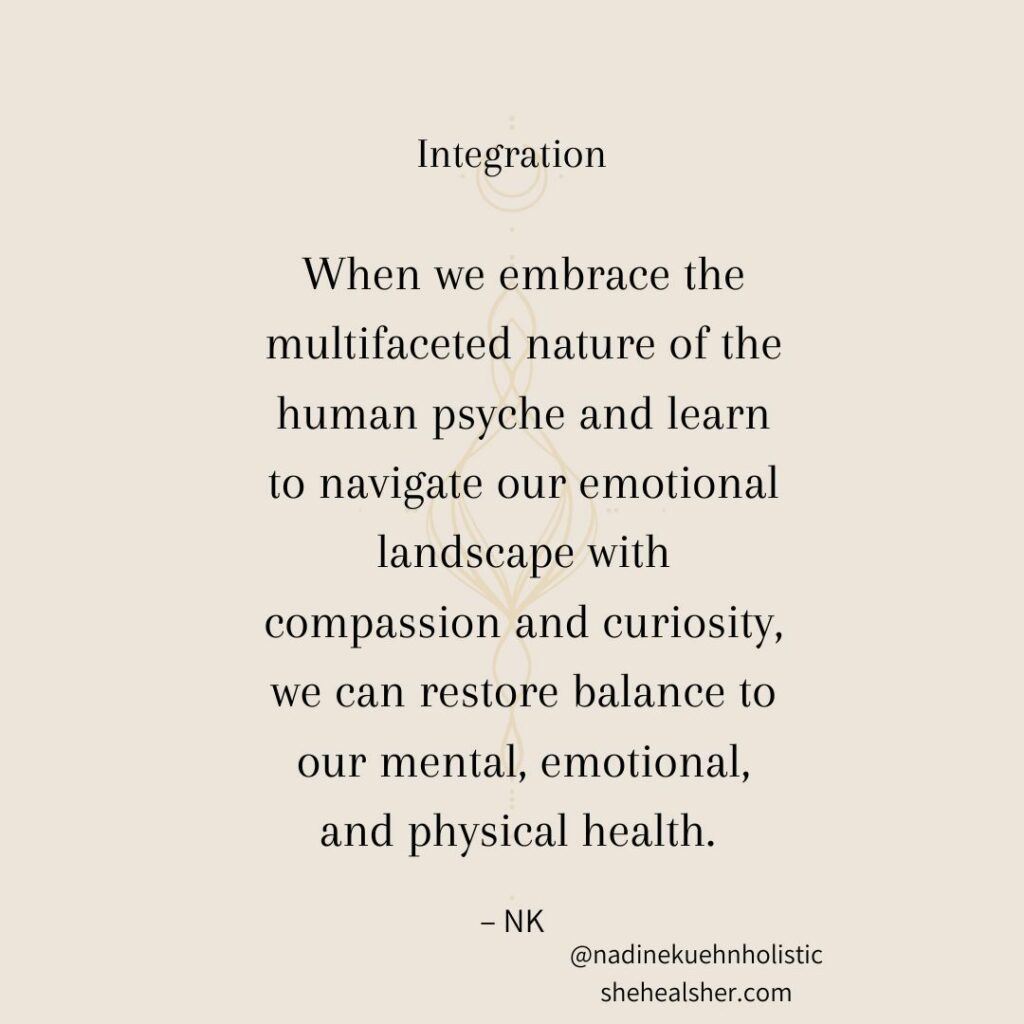
Your Healing Journey Starts Here If you’re ready to explore how love and healing can intertwine in your life, I’d be honored to guide you. Book your free Clarity Call below, and let’s embark on this beautiful journey together.

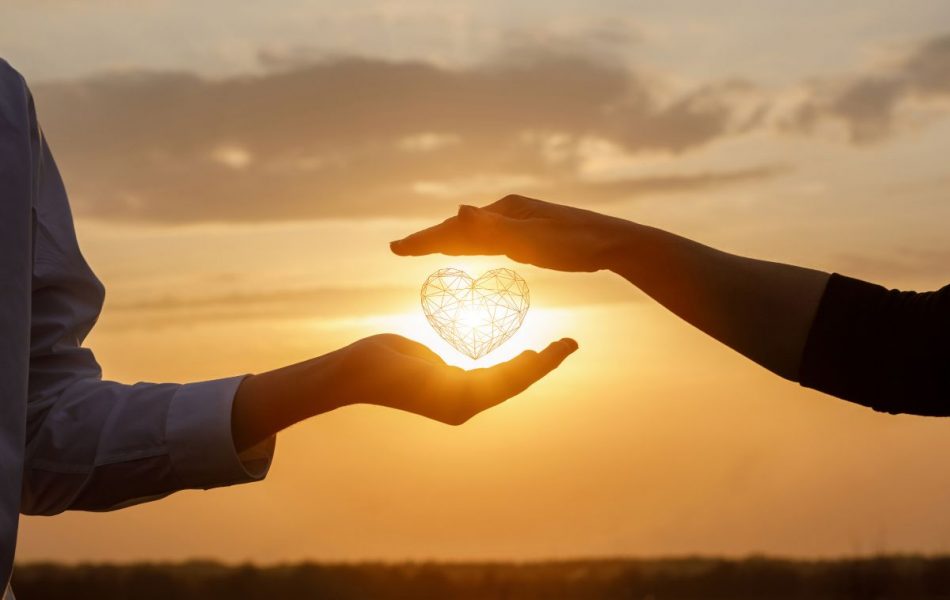
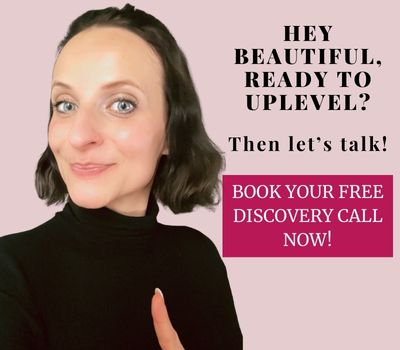
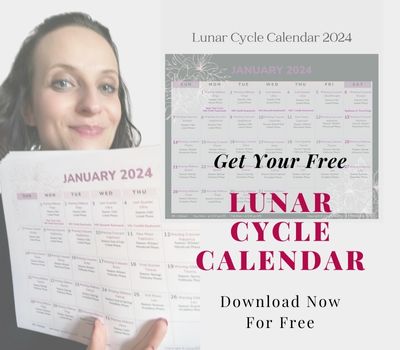

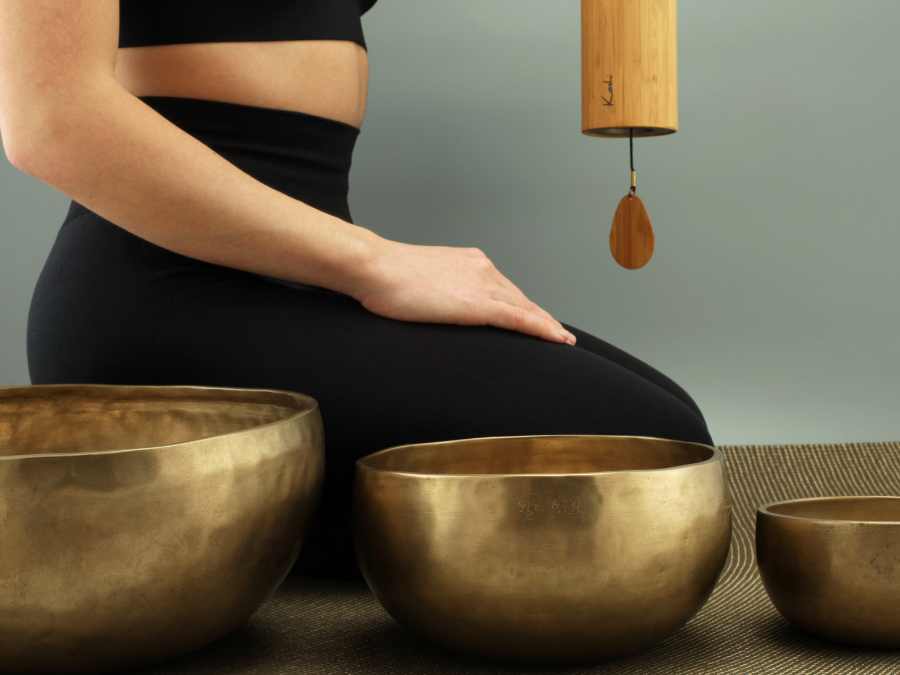
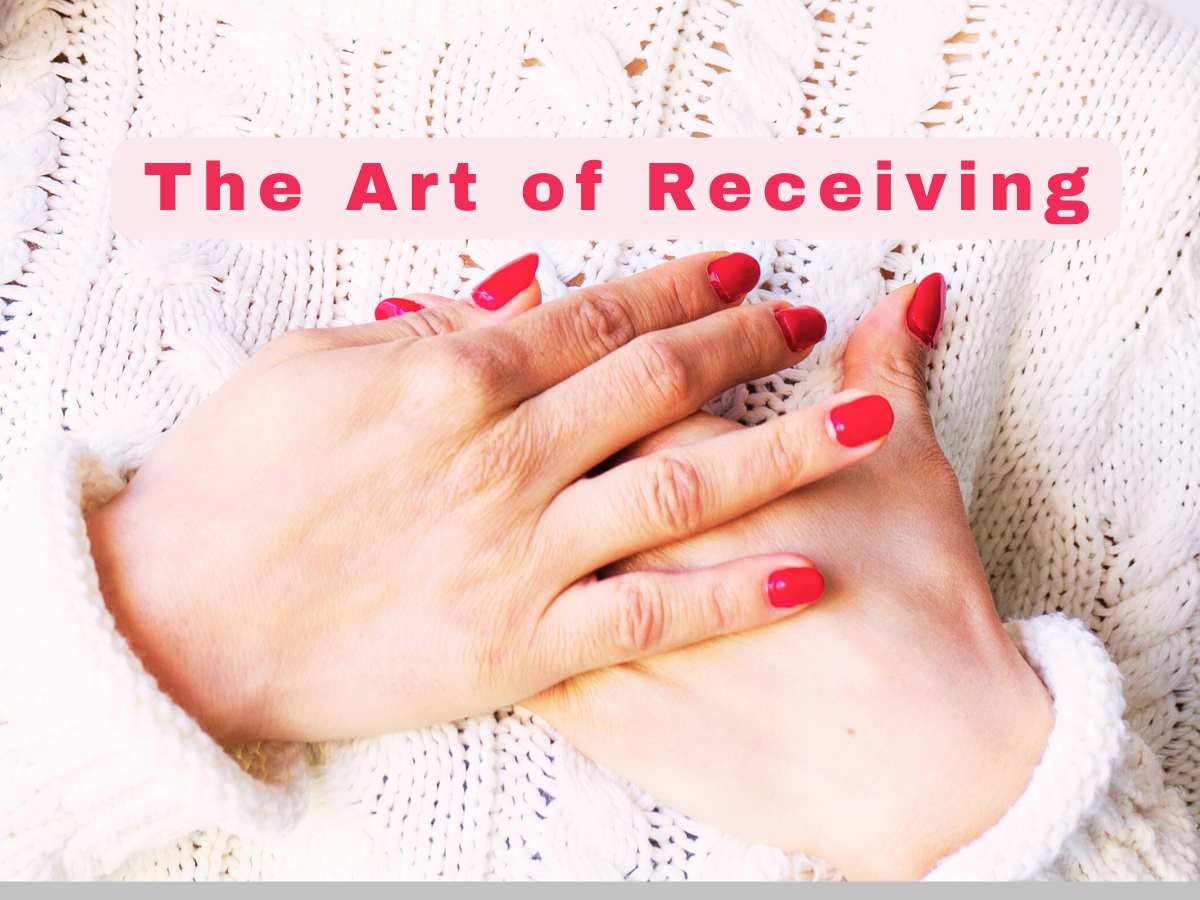
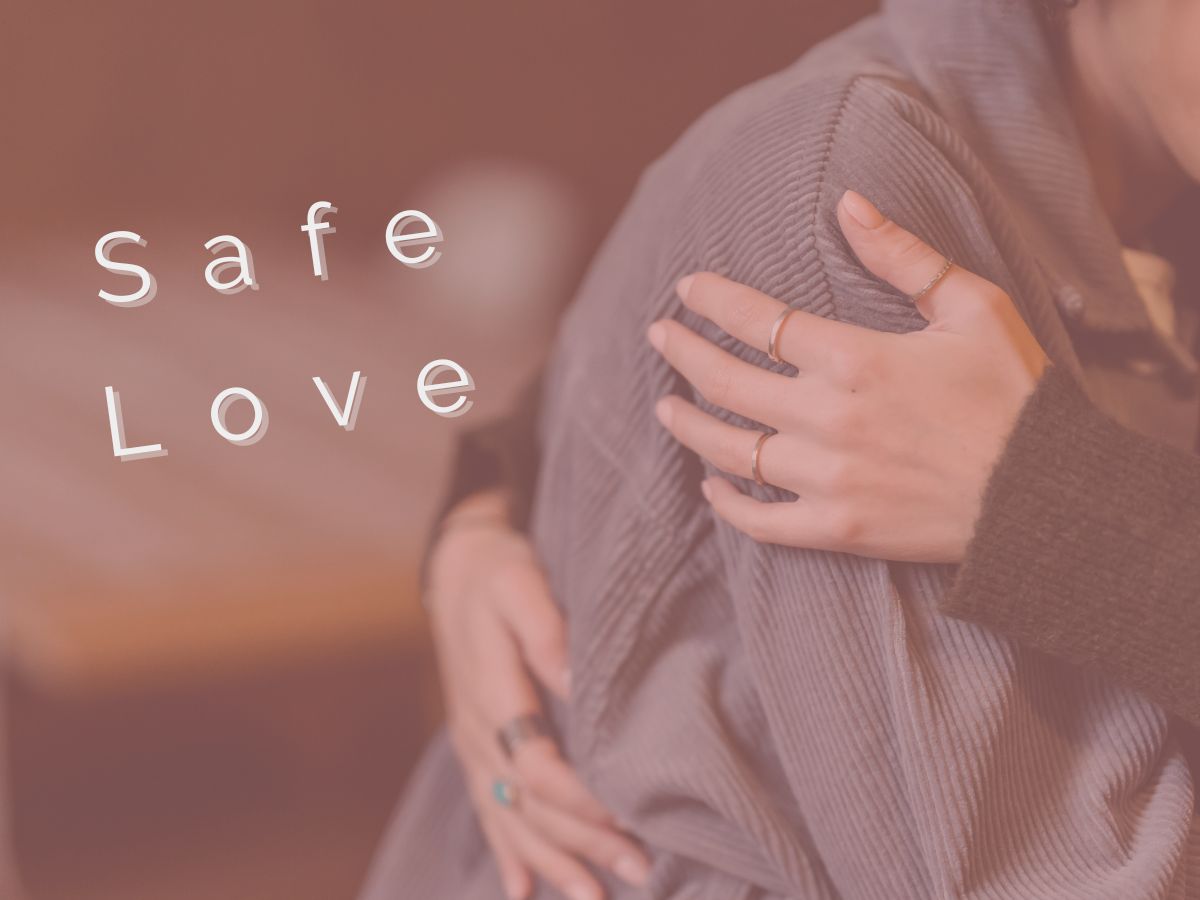
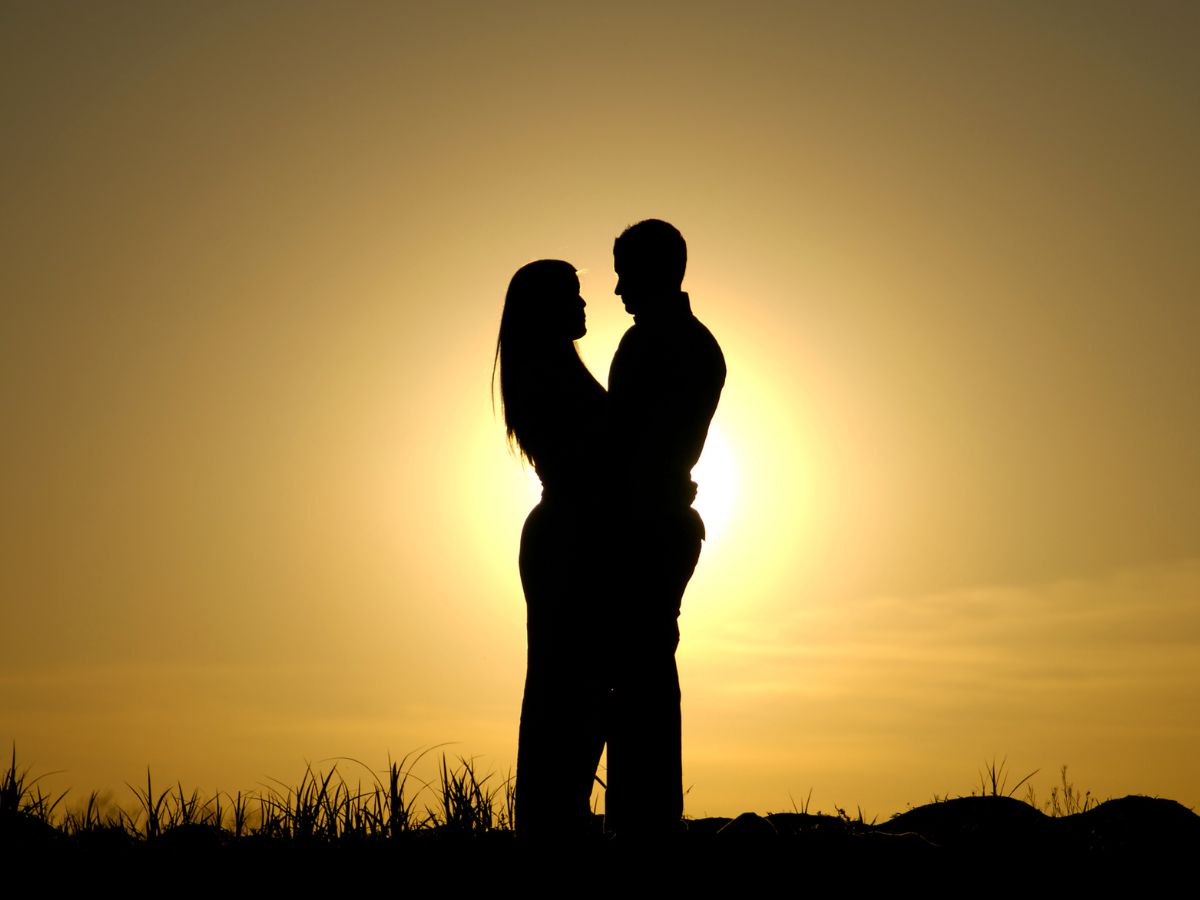
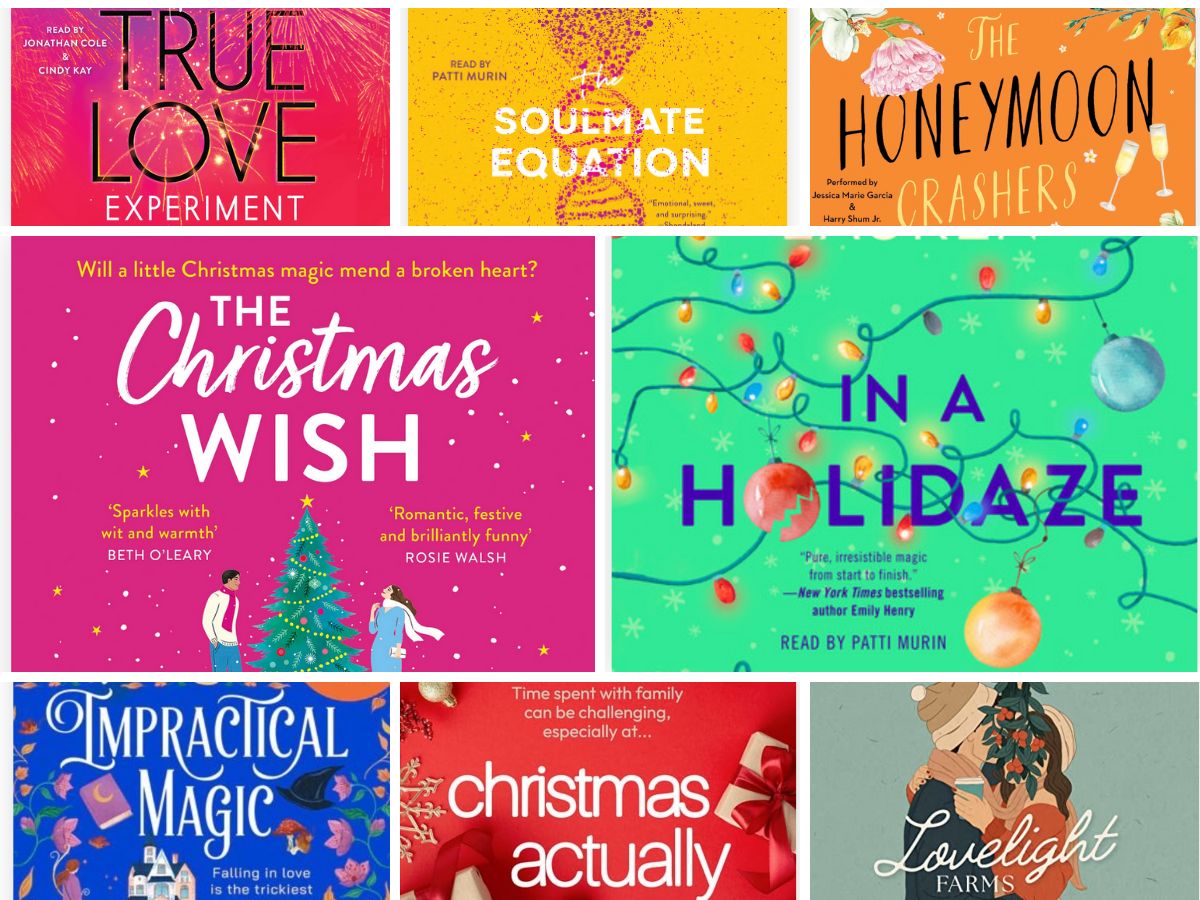

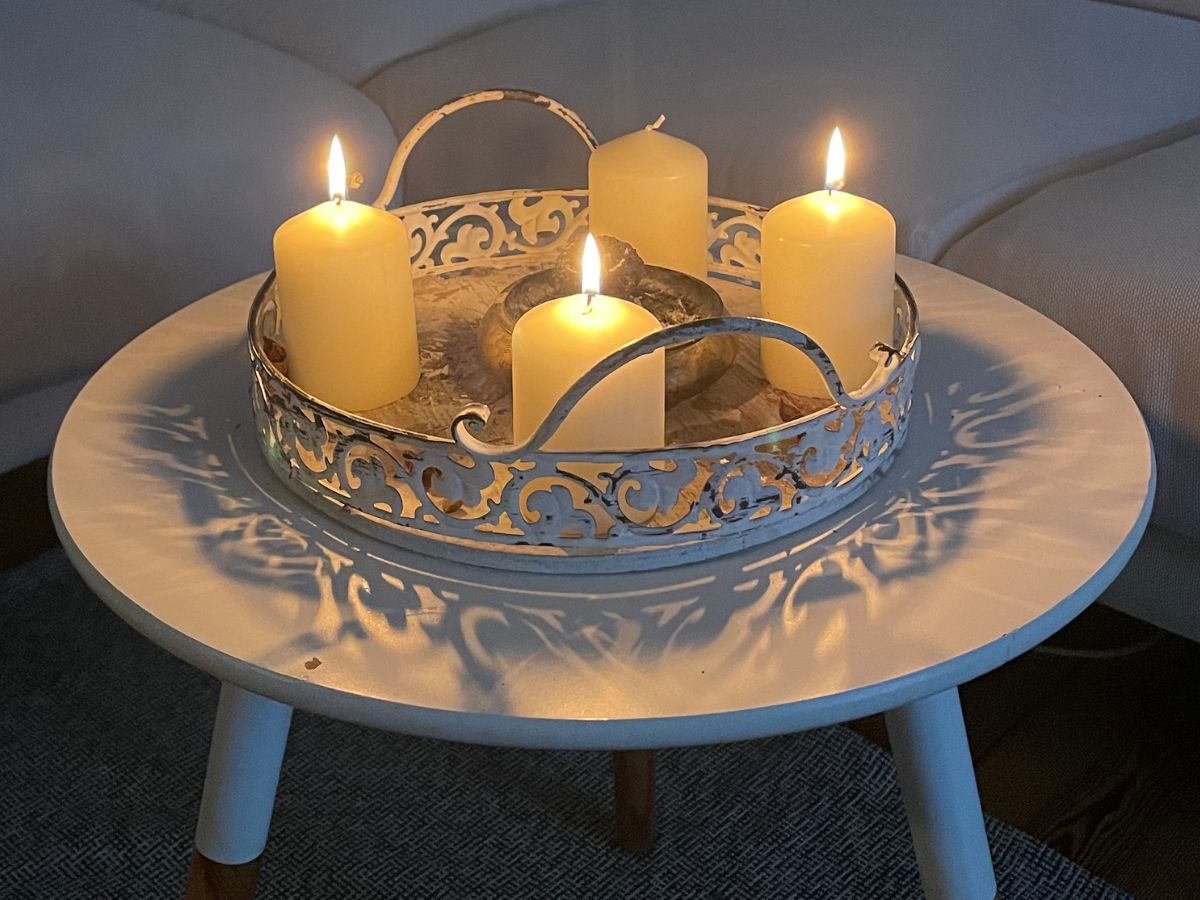




Leave a Comment